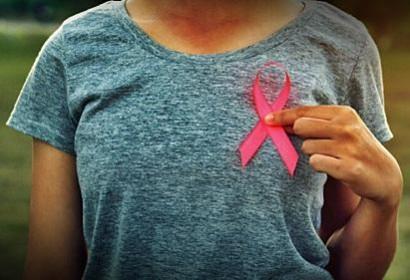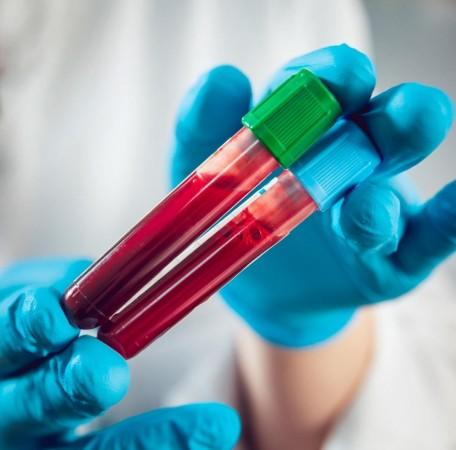
The groundbreaking research led by Monash University in Australia has unveiled a startling revelation. Women carrying a mutation in the BRCA1 gene, known for increasing the risk of breast and ovarian cancer, may also face a higher risk of impaired fertility. This research, conducted using preclinical models and human tissue samples, has significant implications for women carrying BRCA mutations, potentially affecting their family planning and fertility preservation decisions.
The BRCA1 and BRCA2 genes are known for their protective role against breast and ovarian cancer. However, a mutation in either gene escalates the risk of developing these cancers. The recent study has shed light on another potential consequence of the BRCA1 mutation - a detrimental impact on fertility. The research team used mice models to investigate the effects of the BRCA1 mutation on fertility. The findings were startling. Mice lacking the BRCA1 gene had smaller litter sizes and lower quality eggs, particularly as they aged.
Furthermore, egg maturation rates decreased by a staggering 45% in reproductively aged mice lacking BRCA1. These findings suggest that the BRCA1 mutation could significantly impair fertility, particularly with advancing age. In women, the number of eggs they may have is typically estimated by measuring anti-Mullerian hormone (AMH) levels in the blood. This is considered the gold-standard indirect marker of egg quantity. However, the study found no correlation between AMH levels and estimated egg numbers from ovarian tissues in a small number of women with a BRCA mutation.

This finding challenges the reliability of AMH as a predictor of egg number in women with a BRCA mutation, and calls for further studies to better understand this relationship. Amy Winship, from the varsity's Hutt Laboratory, emphasized the implications of these findings. She stated that the results will assist women with the mutations to make considered family planning and possibly fertility preservation decisions, like egg freezing. This is particularly crucial as women carrying the BRCA1 mutation are already at a higher risk of developing breast and ovarian cancer. Further cancer treatments can exacerbate their fertility issues, making these decisions even more critical.
The study was published in EBioMedicine, a reputable scientific journal. It was co-authored by Leslie Gilham, a breast cancer survivor and a consumer advocate for Breast Cancer Network Australia and Breast Cancer Trials Australia. The research also involved the Royal Women's Hospital's Gynaecology Research Centre, and the University of Melbourne Department of Obstetrics and Gynaecology.
The Monash Biomedicine Discovery Institute (BDI) at Monash University, where the research was conducted, is one of the largest biomedical research institutes in Australia. It brings together over 120 internationally-renowned research teams, spanning seven discovery programs across various fields including Cancer, Cardiovascular Disease, Development and Stem Cells, Infection, Immunity, Metabolism, Diabetes and Obesity, and Neuroscience. The institute is committed to making discoveries that will alleviate the future burden of disease.

Historically, the BRCA1 and BRCA2 genes have been the focus of numerous studies due to their association with breast and ovarian cancer. However, this is one of the first studies to explore the potential impact of BRCA1 mutation on fertility, adding a new dimension to our understanding of this gene and its implications for women's health.
This study underscores the need for women carrying BRCA mutations to be aware of the potential impact on their fertility. It also highlights the importance of further research to better understand the relationship between BRCA mutations and fertility, and to develop more accurate predictors of egg number in women with these mutations. This could ultimately lead to more informed family planning and fertility preservation decisions for these women, potentially improving their quality of life and health outcomes.















